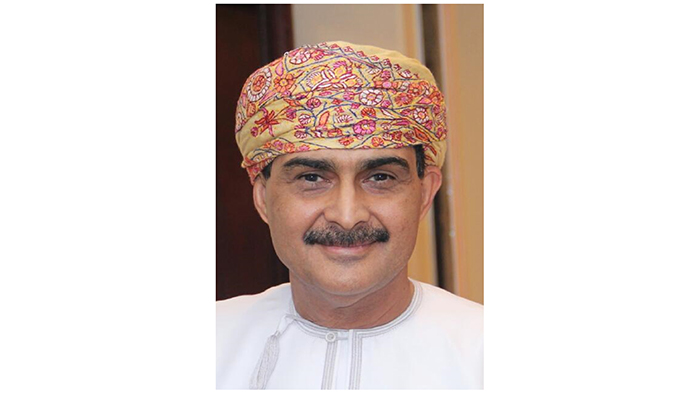
There is a silent revolution in Oman where the youth are quietly changing the cultures of the country but are we noticing it?
We see profound patterns like social, behavioural, emotional and even psychological changes breaking all barriers of our cultures. They go through an irreversible shift of culture towards an uncharted path of the future of this country.
Do we see it happening? Of course, we do but we pretend it does not happen or just simply think it has to happen sooner or later. The question we all have is that to what price the future of the country will pay for the erosion of its once well preserved culture.
A culture of any country is well connected with its tradition and heritage. The three cannot be divided and go separate ways. The protectors of these three important social pillars are the youth and unfortunately it is them who are dismantling the foundation.
We can blame the social media, smart phones or electronics games that take most of their time and priorities. In other words, they are raised by devices in their hands and that is the only culture they are exposed of. So who really to blame?
I hear parents all the time complain when their children do not get up to greet their elders or rush to the kitchen to serve coffee to guests in their houses. That shows that following cultures and heritage is not just the way the youth dress up but how socially they behave, too.
I often hear young Omanis saying that keeping up with their culture is ‘going backward’ because the world has changed. But they confuse with the physical world around us – that has really changed – and behavioural patterns that keep up with social respect. The latter has not changed.
Driving cars, using technology or living in cities is not about culture or tradition. It is about pattern of changes. Culture is about identities. It is also about being hospitable and respectful to people around us that lead to trusting relationships. The Omani youth must understand that preserving cultural awareness and appreciation lead to a positive self-image.
What also they do not realise now is that developing cultural education will help their future children create a diversity of social networking to help them grow up in a close-knit family environment. It is not uncommon now to see children in their teens locking themselves up in their rooms in complete isolation with the real world.
If parents can preserve the culture to move on to the next generation then youth can create a bridge to be passed on to their children. Culture can also be a tool to promote peace to the international communities. This way, Omani youth can reach out to other youth of the world for lasting and trusting friendships.
Right here in Oman, the youth can use their culture to promote tourism by using their energy and passion towards that target. Tourist do not come to Oman for skyscrapers or big shopping malls. They come here to see our cultures and learn about our heritage. From this example, culture preservation is about economy.
In conclusion, culture and heritage is not about the past but both the present and the future. If the youth dismantle it, then they are destroying their future.